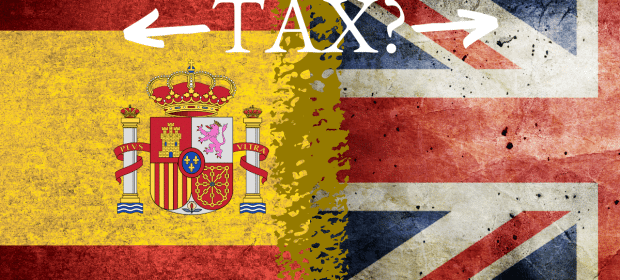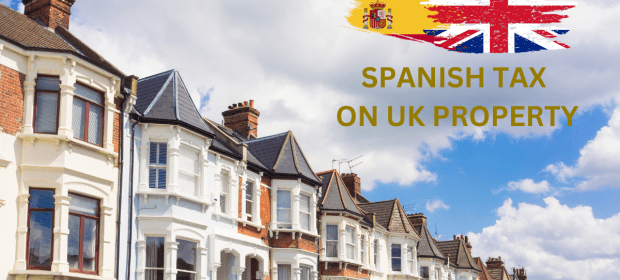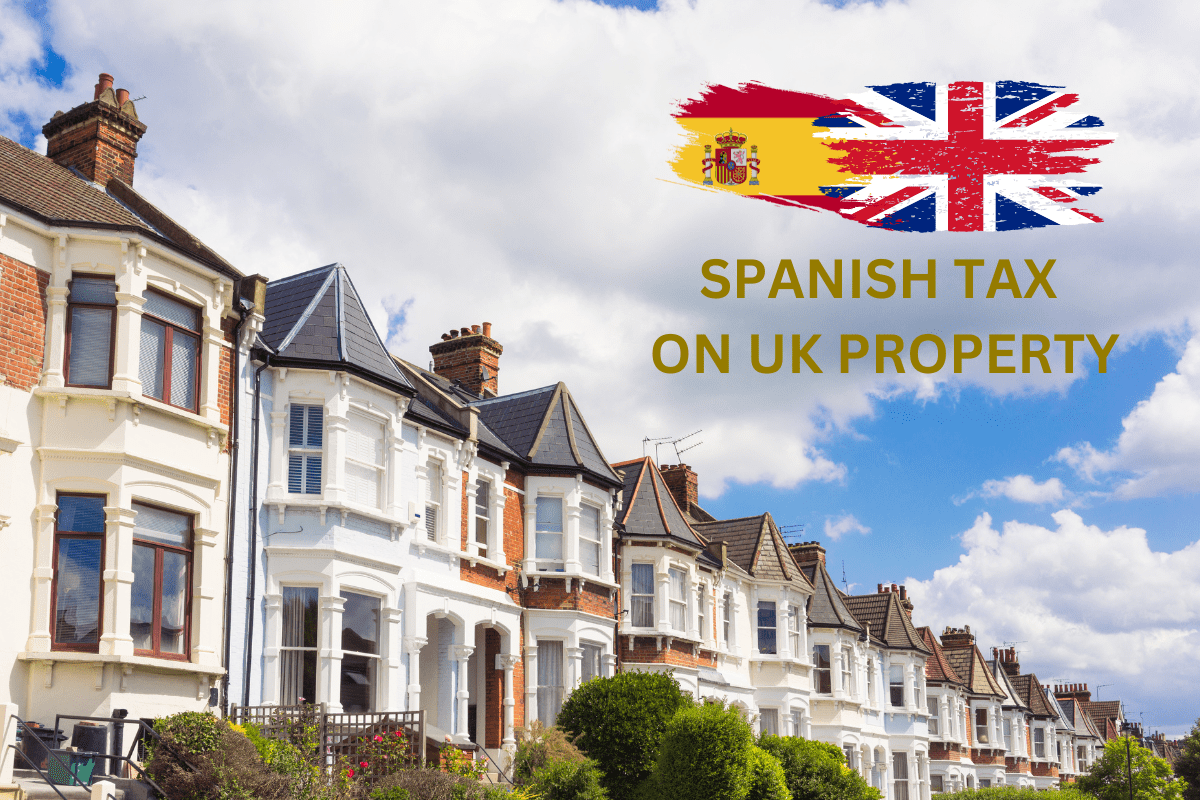“Its so nice holidaying here, I’d love to live here all year round…’’
If you are a UK resident and here on holiday, it is very often these times that get people thinking about retiring to Spain. The attractions of the slower pace of life, a completely different climate, all those extra hours of daylight and sunshine, a lower cost of living, ( depending on lifestyle!), eating out often – on and on the list normally goes.
When the UK was part of the European Union, taking the plunge and moving to Spain was relatively straightforward, aside from the obvious challenges of the actual move. You could sell up, jump on a plane and then when you were here, apply for residency, register at the town hall etc, and that was pretty much it.
Now however, that simply isn’t the case. There is the fact that as a UK citizen, you no longer have the freedom of movement within the EU, something many people still haven’t come to terms with. You can of course still come here to live, but you will need to make an application for a Visa. If you are looking to retire, then this needs to be a non lucrative Visa.
I work closely with experts who can assist with these applications, who know the process inside out and make this part all very straightforward for you.
The financial planning side of the whole process is also essential, and that of course is where I get involved. It is important you dispose of or organize your assets in the most tax efficient way you can before you leave the UK. For example, making sure your pensions are correctly dealt with and selling your main residence at the right time to name just a couple, and of course understanding the tax system and rates applicable once you are here.
One of the most important aspects of making your Visa application, (which has to be done at one of three Spanish embassies in the UK – London, Manchester or Edinburgh), is understanding what your finances need to look like to satisfy the Spanish requirements. These are mostly focused on the fact that they want to ensure you have enough money or income to live here self sufficiently.


























